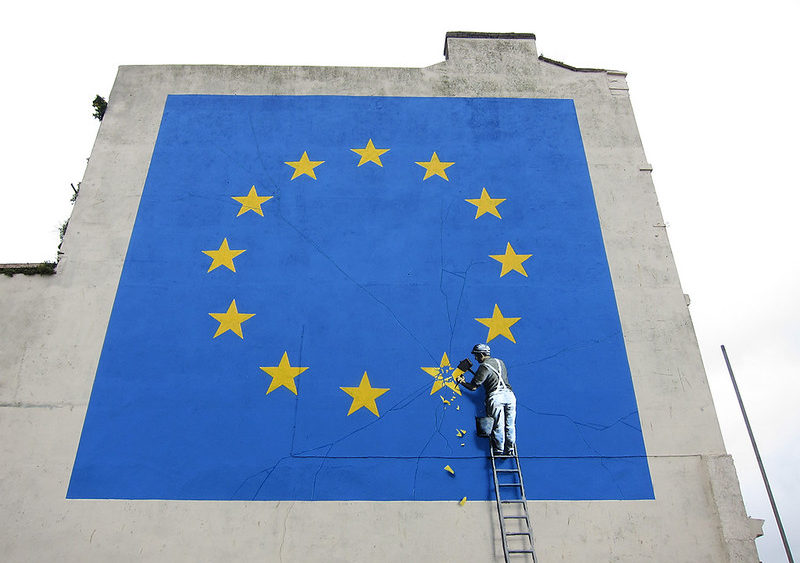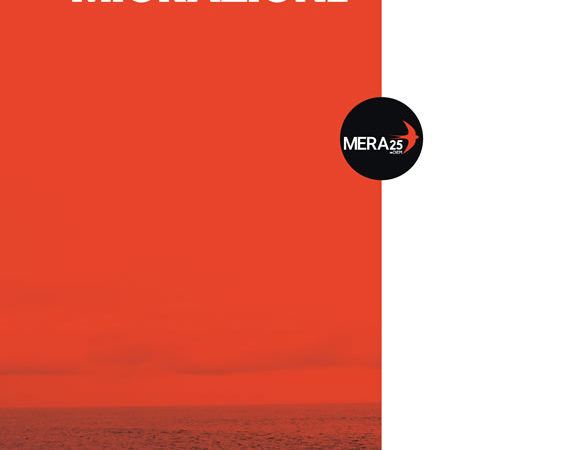Reading the newspapers last Monday, I was reminded that negotiations with Brussels are always an occasion for second-rate theatre.
Ultimatums are usually issued by EU negotiators facing UK governments that talk enthusiastically of red lines and sovereignty. But now, if the Telegraph is to be believed, it is Boris Johnson who has given the EU 38 days to propose a post-Brexit deal — or else.
While history is not on Johnson’s side, there is a difference between him and other premiers who buckled: he is not bluffing. It seems he would like a deal, but is not desperate for one. Let’s see how the EU deals with this in October, when trade talks are supposed to conclude. Setting aside this latest episode of the Brexit saga, I began preparing for a leaders’ debate in Greece’s parliament over our government’s handling of COVID-19. Our party, MeRA25, was not the only one to chastise the government for failing to hire extra doctors and nurses, leaving our national health service in a dilapidated state after a decade of austerity. However, I was the only parliamentary leader to absolve the government of incompetence and instead claim that it was its explicit policy to drive public health into the ground for a parasitic oligarchy seeking to privatise it.
Saddened and angered
Two days later, I awoke to the news that the Moria refugee camp on Lesbos had burned down overnight. Assembled in 2015, when nearly a million people passed through the island, it eventually became an EU-sanctioned prison camp, with 13,000 people packed in a space designed for 1,800. While at first they were free to move in and out of the camp, more recently the gates were locked shut.
In response to reports that refugees had started the fires intentionally to burn down the hideous camp, xenophobic yells filled the airwaves. Politicians, bureaucrats and commentators competed to find ways to condemn the “ungrateful” migrants. One minister said the state must not be blackmailed into providing better conditions, and that the refugees should be taught a lesson by being left to suffer in makeshift tents for months.
Saddened and angered by this cacophony, I posted the following in my blog:
“What would you do if you, your family and another 13,000 people were incarcerated in a prison camp built for 1,800 people, without running water, without heating, without knowing when you will be given a hearing to decide between deportation and asylum (some people have been in there for four years) and, to cap it all, you heard that 35 positive Covid-19 tests were returned in an environment where it is impossible to self-isolate and where there are zero doctors to look after you?
Would you not try to find a way to break down the gates so that you can escape the living hell? Would it be wrong to start thinking that maybe starting a fire is the answer?
No, you would be right. Indeed, it would be your duty to start that fire!”
Soon, the Greek media were reporting that the leader of MeRA25 was siding with violent foreigners against his own people. Funnily enough, I felt honoured to be on the receiving end of their venom.
Missing main characters
Tuning into Radio 4, I was greeted with the news that Boris Johnson had introduced his “rule of six”. Switching to Greek stations, I heard that hordes of officials and riot police had disembarked on Lesbos intent on “turning the screw on refugees”. I so wished the rule of six applied here too.
Trying to turn my thoughts elsewhere, I remembered that it was 10 September, the day my new book (Another Now: Dispatches from an Alternative Present) was released in the UK. Readers would soon be dissecting my first political science-fiction novel. Using that medium proved to be the only way I could do what I spent decades avoiding: sketch a plausible alternative to capitalism. What, I wondered, will people make of Iris, Eva and Costa, the three characters I conjured up to tell the story of how, after the financial crash in 2008, humanity built a type of democratic socialism — characters from whom I ended up learning so much and whom I now miss badly?
The weight of the past
Two awful anniversaries are marked on 11 September; images of the falling twin towers mix with echoes of the 1973 coup d’état that killed Salvador Allende and brought the Butcher of Chile into office. I met Chilean refugee friends at the University of Essex in 1979, and I remember the courage with which they hid their pain. Back in our strange times, the UK commentariat was going ballistic over Johnson’s manoeuvre to threaten the sanctity of his Withdrawal Agreement.
Has politics become unbearably dull? Or does the weight of these two anniversaries make it seem so? Before long, the Greek prime minister forced me to refocus. With our public health system and economy in tatters, he gave a speech to fan the flames of nationalism. Greece, he declared, would be buying fighter jets and frigates from France for billions, boosting our already unpayable debt. There we have it: a new arms race with Turkey, which Greece can only lose, is underway — and it will bring more austerity and sink our people deeper into debt bondage.
Entering post-capitalism
On 12 August it was reported that Britain’s economy was in its worst slump since records began as GDP fell by more than 20 percent over the first half of the year. Half an hour later, the London Stock Exchange shot up, the FTSE100 rising by more than 2 percent. The world of money had finally decoupled from capitalism. Money markets were divorced from profit. What we now have is a dystopian variety of post-capitalism. Maybe my book saw the light of day at the right time. Then again, maybe not.
This article was originally published in The Newstatesman on 16 September 2020.
Photo: Banksy Brexit mural over Dover.
Photo Source: dullhunk on Flickr.
Volete essere informati delle azioni di DiEM25? Registratevi qui!




